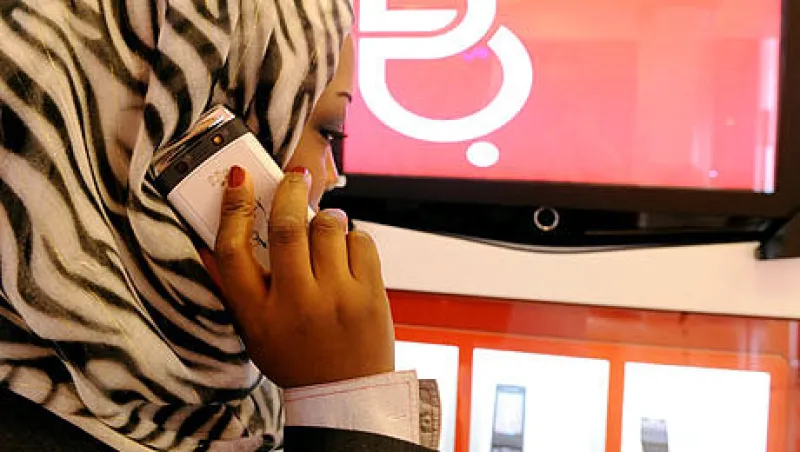
Passport Capital Takes a Road Less Traveled in Saudi Stocks
John Burbank believes the oil-rich kingdom has the makings of a global winner — fueled by undervalued stocks in an inefficient market.
Jan Alexander
December 20, 2013


